Things to Plan Before Meeting Your Wedding Planner

Planning a wedding can be overwhelming, but hiring a wedding planner is one of the best ways to ease the journey. To make the most out of your very first meeting with your planner, it’s important to come prepared. Having a clear idea about your wedding vision, budget and priorities will help your planner bring your dream wedding to life smoothly and efficiently. Here are the key things you should plan before sitting down with your wedding planner.
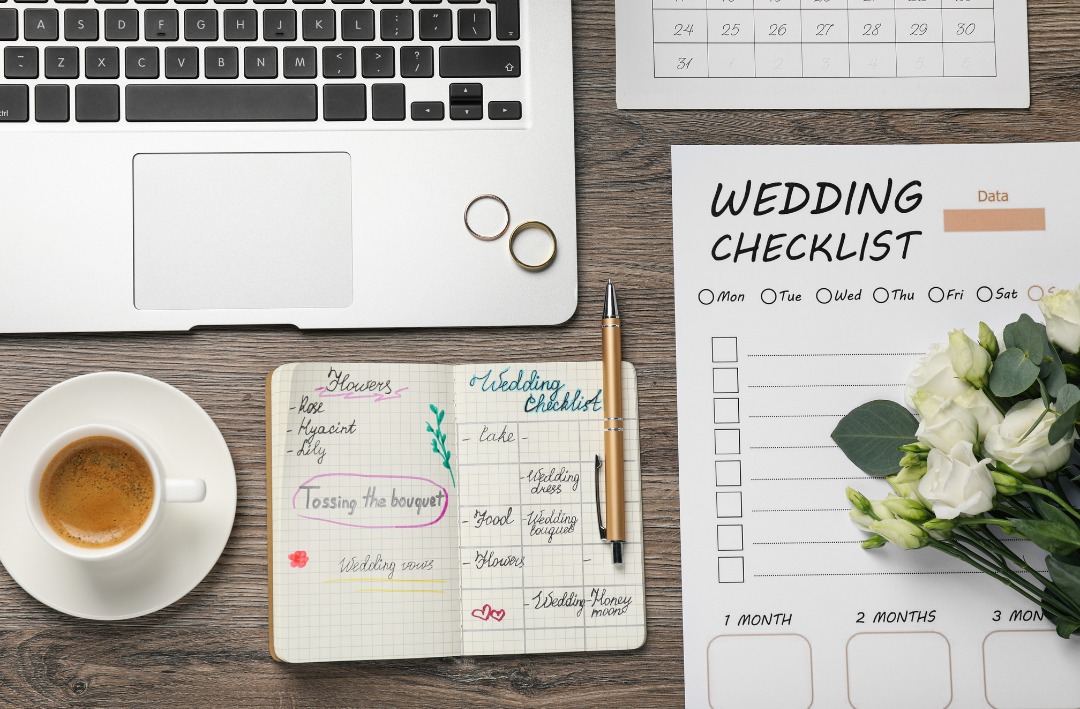
Outline Your Vision
Before meeting your planner, take some time to outline the kind of wedding you want. Are you imagining a grand traditional Indian wedding, a sleek modern ceremony, a destination wedding or perhaps a fusion of styles? Do you have specific themes or color palettes in mind? Collecting inspiration through Pinterest boards, Instagram saves or mood boards can be incredibly helpful. This will give your planner a clear sense of your style and expectations right from the start.
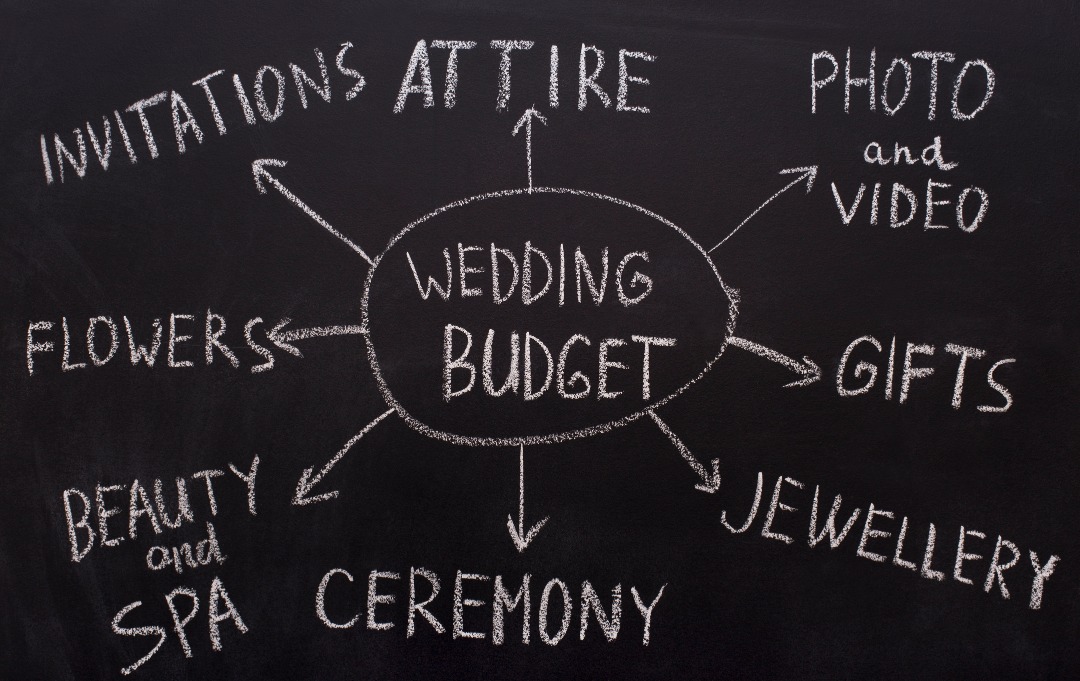
Fix a Tentative Budget
Even if you don’t have a precise figure, having a tentative budget range is crucial. Break down your budget into categories like venue and catering, decor and design, photography and videography, entertainment, attire and miscellaneous expenses such as gifts and accommodation. Being upfront about your budget allows your planner to suggest options that fit your financial plan without compromising on quality or style. Remember, a good planner can help you get the most value out of your budget.
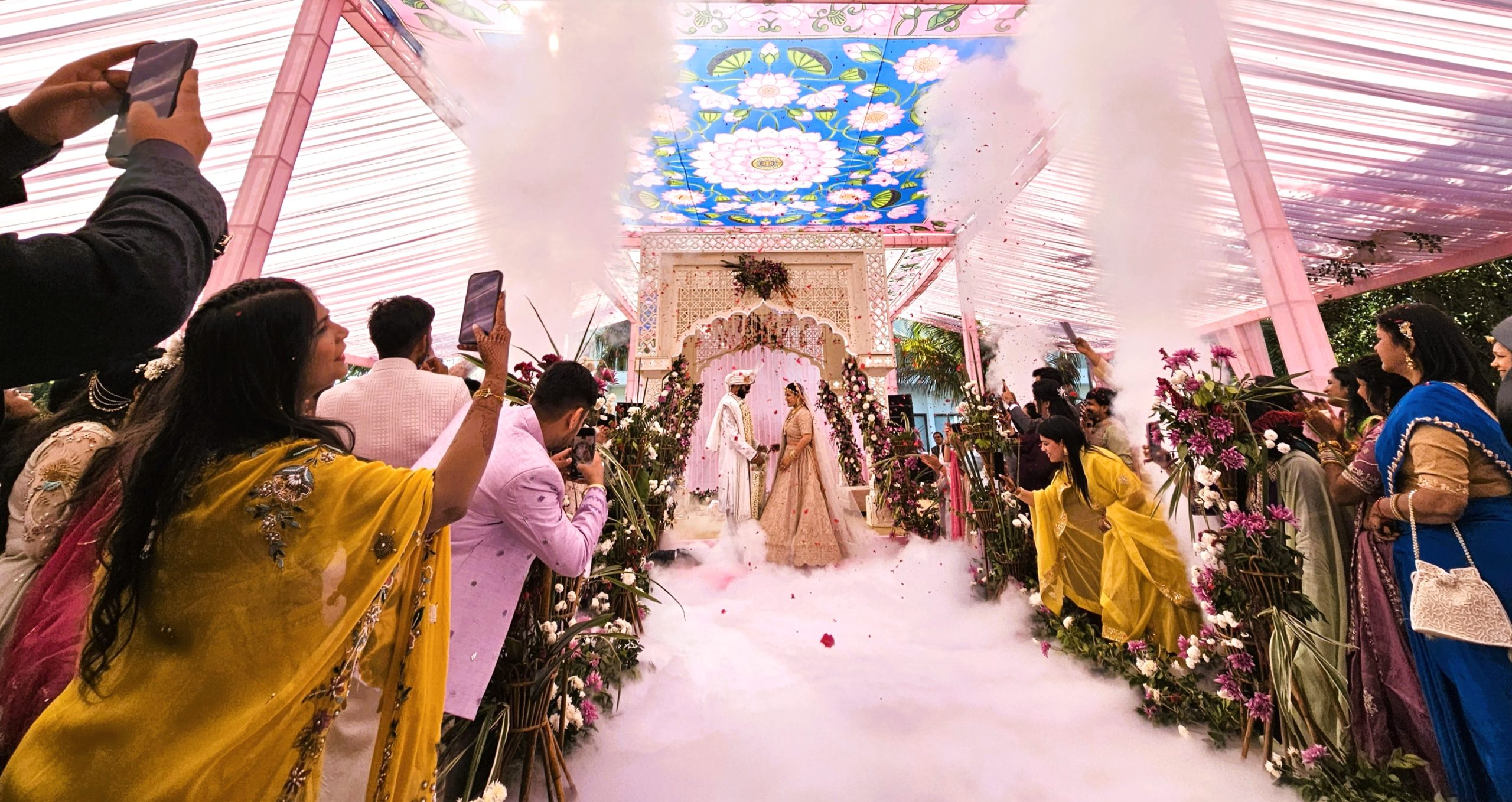
Know Your Guest Count
The number of guests influences almost every aspect of your wedding planning—from selecting the venue to organizing catering, gifting and transportation. It helps to have a rough estimate of the total number of guests you plan to invite, as well as the expected number for each ceremony or function. This information will enable your planner to make informed recommendations and manage logistics effectively.

List Your Priority Vendors
If you already have certain vendors in mind—like a favored makeup artist, caterer, photographer or a dream venue—make a list to share with your planner. This helps them understand your preferences and, if needed, coordinate with those vendors smoothly. However, be open to your planner’s suggestions as they often have trusted vendors in their network who may offer competitive pricing and reliable service.
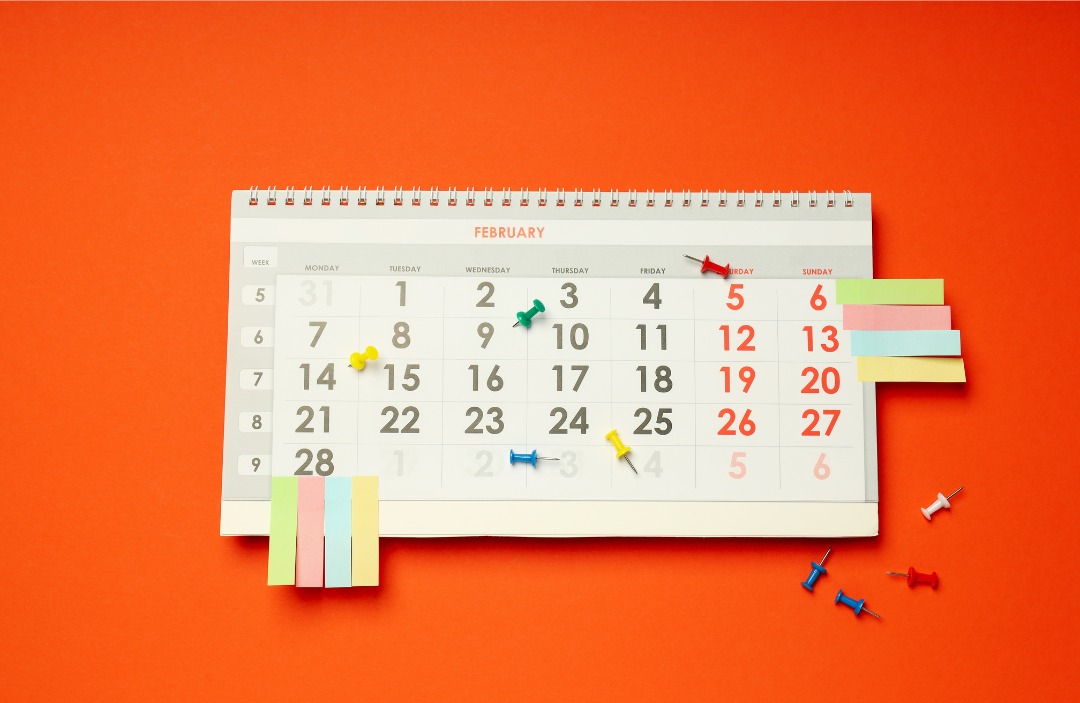
Plan Your Tentative Timeline
Having a tentative timeline is very helpful for scheduling the various wedding functions and related tasks. Decide on the wedding month and possible date range, keeping in mind the season, auspicious dates and any holidays or long weekends that could impact your plans. Also, consider how many days you want to spread your ceremonies across—whether it’s a quick two-day affair or a week-long celebration. This allows your planner to manage the schedule efficiently.
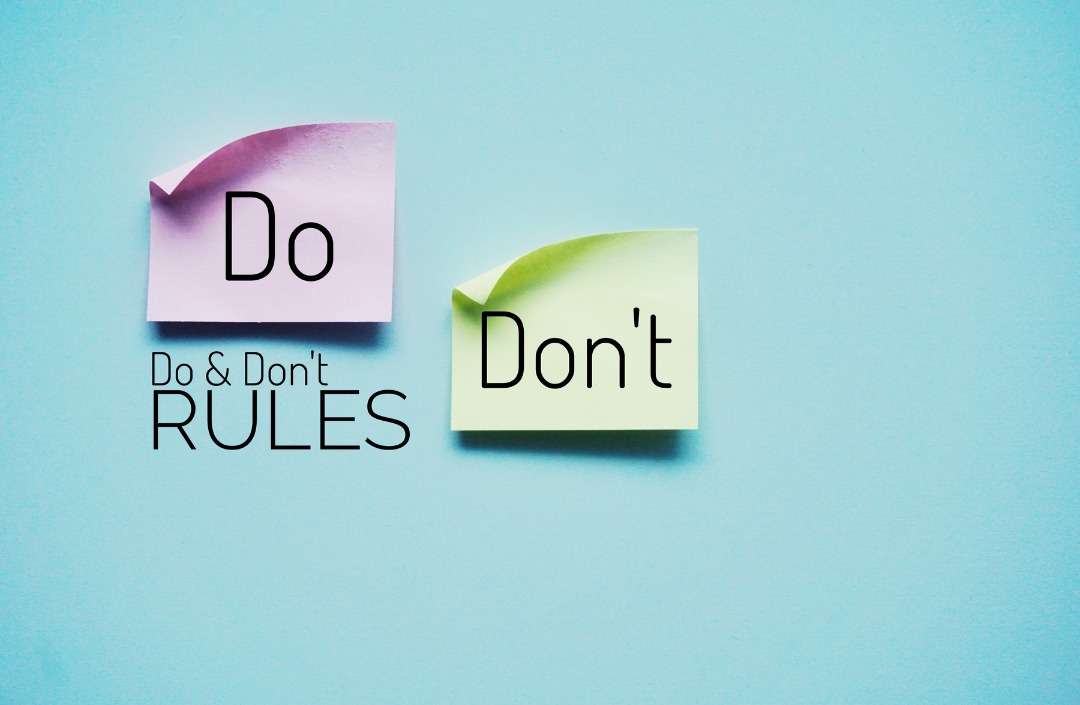
Create a “No-Go” List
Just as important as a wish list, prepare a list of things you absolutely want to avoid. It could be certain colors, overused themes or any elements that don’t resonate with you. Sharing this with your planner helps them steer clear of ideas that don’t suit your style or preferences and focus on creating a celebration that feels uniquely yours.
